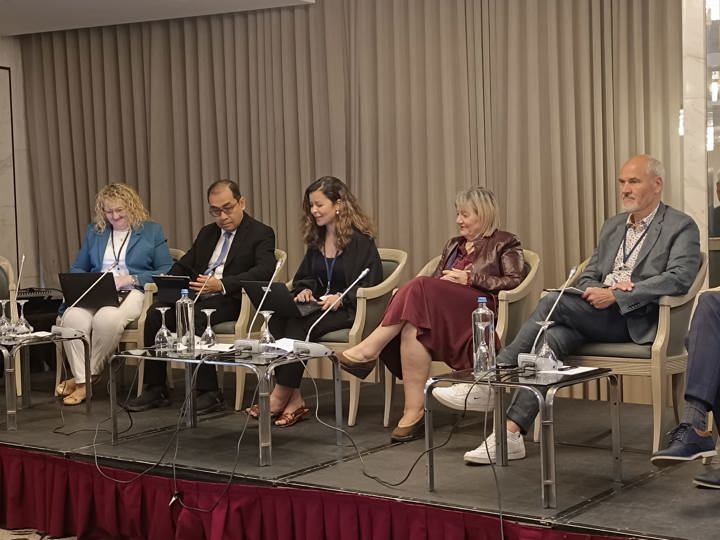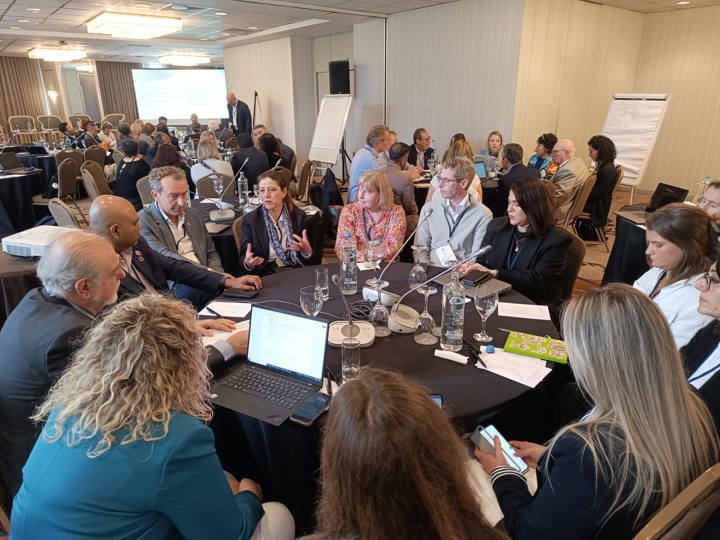LME24 wrap up: building partnerships for healthier shared marine ecosystems
On 14-16 May 2025, over 80 representatives from Large Marine Ecosystem (LME) and coastal projects gathered in Athens, Greece, for the 24th Annual Consultation Meeting of LME and Coastal Partners (LME24).The event brought together a diverse group of professionals, from marine scientists and coastal managers to biodiversity and climate experts, as well as representatives from national governments and the private sector across the globe.
With countries like Indonesia, Solomon Islands, Trinidad and Tobago, and the Philippines in the room, the meeting once again proved to be a powerful space for open dialogue, knowledge exchange, and collaboration toward sustainable LME governance.
This year, the main topics discussed ranged from progress and bottlenecks in LME implementation, how to better engage the private sector and improving data, information and knowledge management, as well as stepping up in science generation, uptake and communication.
The energy consumed by long journeys and intense event preparation was refilled by insightful panel presentations, round-table discussions, and informal networking, all united by a shared purpose: to ensure LMEs continue to provide vital ecological services, support coastal communities, and contribute to global sustainability goals.
LME24 also marked several milestone announcements, including the soft launch of the Clean and Healthy Ocean Integrated Programme (CHO IP) led by FAO to tackle coastal nutrient pollution in LMEs, the launch of four new twinning programmes to foster peer learning across LME projects, and a heartfelt farewell to Dr. Vladimir Mamaev (UNDP), honouring his three decades of dedication to the IW community.
Key conclusions:
After 2.5 days of active discussions, several clear priorities and conclusions emerged:
-
Partnerships and Collaboration, from Local to Global
Participants underscored the need to work across ministries, sectors, and borders. Strong examples, such as the establishment of interministerial coordination committees, were highlighted as best practices.
Engagement with the private sector was also recognized as essential, particularly in aligning efforts with multilateral environmental agreements. One exciting outcome was the launch of the IW:LEARN LinkedIn group, a place for the community of practitioners to ask questions and get direct answers on anything related to International Waters projects linked to project management issues, knowledge exchange, lessons learned and more. And thanks to continued GEF support, the LME community is also looking ahead to opportunities under GEF-9.
-
Data, Information & Knowledge Management
There is plenty of data available, but sharing and translating it into action remains a challenge. Strategic Action Programmes (SAPs) were praised for creating pathways for strengthening regional collaboration and data sharing, while the Transboundary Diagnostic Analyses (TDAs) continue to serve as critical scientific baselines.
More policy-oriented briefs were also mentioned, as they are an effective way to guide decision-makers. Looking ahead, artificial intelligence (AI) and advanced digital systems may offer powerful tools for improved marine governance. A Data and Information Management (DIM) Taskforce is also being formed to support this mission.


-
Integration & Systemic Approaches
Integration is key. There was strong consensus that LMEs must be managed through systemic, programmatic approaches that reflect the complex interlinkages of marine ecosystems. Approaches such as Source-to-Sea (S2S), Marine Spatial Planning (MSP), and Sustainable Ocean Planning and Management (SOPM) should be embedded into national and regional strategies for effective and sustainable ecosystem governance.
If we were to summarise LME24 in one word, it would probably be collaboration. Given the transboundary nature of LMEs, there’s a need for stronger collaboration among people, governments and sectors. Improved data management, and the development of concise and actionable policy recommendations were some of the takeaways we hope to see real progress on by the time we meet again at LME25 next year in Paris, France.



